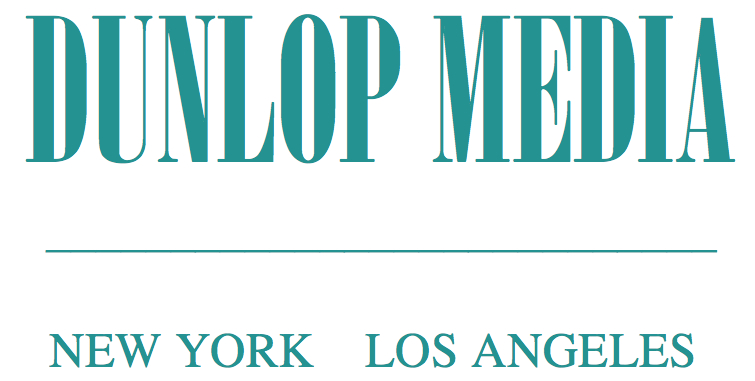by Steve Dunlop
We've heard it for some time now. The Roman Catholic Church is in an extraordinary crisis. It is haunted by corruption, dogged by scandal, held back by hidebound traditions, and beset by a creaking bureaucracy.
Crisis, corruption, bureaucracy. Extraordinary, haunted, dogged, creaking, hidebound. Those words are what we call "value terms" in communications training.
They are not plain vanilla language. Each of those words is an argument - a self-contained claim. And claims, by their nature, are conceptual.
Powerful claims evoke images. They are shorthand for the pictures in our heads. And while you can see them throughout storytelling, our always-on culture has made claim words indispensable.
Enter Argentine Cardinal Jorge Bergolio - who must have recognized that in the 140-character age, even the pope has to walk the walk. He needed a claim word that would instantly capture his hopes for the Church, and enable the world - especially the Catholic world - to quickly grasp his mindset.
He settled on Francis. It's only seven characters long, but it's not just tweet-friendly. It is one of the strongest value terms in the Catholic world.
Among the last 10 popes, we have seen three Piuses, two Benedicts, one John, one Paul, two John Pauls, and a Leo. None of those monikers stakes as strong a "claim" as St. Francis of Assisi - and you don't have to be Christian to appreciate that.
There are at least four core values that the name Francis stirs up in the imagination:
Francis of Assisi is one of the strongest "value terms" in the Catholic world.
- Poverty. Although born into a rich merchant family, Francis of Assisi renounced his wealth and lived among the poor in 13th century Italy. The new pope shunned the palatial Archbishop's residence in Buenos Aires in favor of a small room in a downtown apartment building, heated by a single stove. He did his own cooking and took the bus to work.
- Love of nature. Francis is the patron saint of animals and ecology, and for many Catholic and Episcopal churches, an annual "Pet Blessing" on his feast day is their biggest public outreach of the year. Already, you can find posts from animal rights and global warming groups blogging the hope that Pope Francis will be speaking out on their behalf.
- Humility. "Lord make me an instrument of Thy Peace," begins the Prayer of St. Francis, one of the most familiar prayers in the Catholic armamentarium. "Where there is hatred, let me sow love." In asking the crowd at St. Peter's to "bless" him before imparting his own blessing to them, Francis signaled an intention to approach his papacy with a model of servant rather than master.
- Rebuilding. This is the most obscure of Francis of Assisi's attributes, but in the context of today's church, perhaps the most relevant. While praying before a crucifix in a crumbling, abandoned church, Francis experienced a vision of Christ commanding him to "rebuild my house which has fallen into ruin." It doesn't take a theologian to make the obvious connection to today.
Which brings us full circle to the challenge of any leader in a culture driven by headlines and hash tags. Value terms need evidence to be credible, and the evidence needs to be concrete.
While even Pope Francis can't predict everything that his term has in store for the world, he is off to a great start - perhaps moreso than any of his recent predecessors - by strongly naming his claim.



